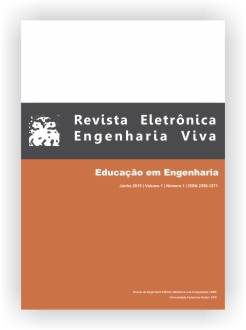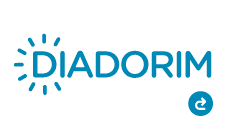Teoria da Prática: a aula de engenharia
Resumo
O objetivo deste texto é apresentar considerações e reflexões sobre o ensino de engenharia diante das mudanças que vem ocorrendo na sociedade e no mundo na era da informação. Apresentam-se alguns problemas do ensino de engenharia e os estilos do professor. Sugere, inicialmente, as relações entre o ensino de engenharia e o trabalho docente em sala de aula. Após apresentar considerações sobre o ensino de engenharia, aponta formas alternativas de aula de engenharia.
Referências
J.G. Sacristán, A educação que ainda é possível: ensaios sobre a cultura para a educação. Porto Alegre: ArtMed, 2007.
J. C. Libâneo. O ensino de graduação na universidade – a aula universitária. UCG, 2003.
J.C. Libâneo. As teorias pedagógicas modernas revisitadas pelo debate contemporâneo na educação. In: LIBÂNEO, José Carlos e SANTOS, Akiko (Orgs.). Educação na era do conhecimento em rede e transdisciplinaridade. Campinas: Alínea, 2005.
M.L.M.C Vasconcelos. A formação do professor do ensino superior. São Paulo: Pioneira, 2000.
M. Tozzi (org). Novos Paradigmas na Educação em Engenharia. Curitiba: ABENGE, 2007.
L.R.C. Ribeiro. Radiografia de uma aula em engenharia. São Carlos: EdUFSCar, 2007.
W.A. Bazzo. Ciência, Tecnologia e sociedade: e o contexto da educação tecnológica. 2.a ed. Florianópolis: Ed. Da UFSC, 2010.
J.C. Libâneo. Didática e didáticas específicas: para além do embate entre didática e as didáticas específicas. Campinas (SP): Papirus, 2008.
M.T. Masetto. Discutindo o processo ensino/aprendizagem no ensino superior. São Paulo: Saraiva, 1998.
A.D. VELASCO. Um ambiente multimídia na área de expressão gráfica básica para engenharia. ABENGE: Revista de Ensino de Engenharia, Brasília: v. 29, n. 1, p. 51-64, janeiro/julho, 2010.
Downloads
Publicado
Edição
Seção
Licença
Ao submeter eletronicamente um artigo na Revista Eletrônica Engenharia Viva, o responsável pela submissão:
a) Declara que o documento em questão é um trabalho original, e que detém prerrogativa de conceder os direitos contidos nesta licença. Declara também que a entrega do documento não infringe, tanto quanto lhe é possível saber, os direitos de qualquer outra pessoa ou entidade.
b) Se o documento em questão contém material do qual não detém os direitos autorais, declara ter obtido autorização do detentor dos direitos autorais para conceder à Universidade Federal de Goiás os direitos requeridos por esta licença, e que esse material cujos direitos são de terceiros está claramente identificado e reconhecido no texto ou conteúdo do documento em questão.
c) Declara ainda que qualquer pessoa nomeada como autor ou co-autor do documento tem consciência do fato e concorda em ser assim nomeado.
Termo de Autorização
Na qualidade de responsável pela submissão do documento, autorizo a Escola de Engenharia Elétrica, Mecânica e de Computação da Universidade Federal de Goiás (EMC/UFG) a disponibilizar a obra, gratuitamente, por meio do Sistema Eletrônico de Editoração de Revistas da UFG (SEER/UFG) ou na forma impressa, sem ressarcimento dos direitos autorais, de acordo com a Lei nº 9610/98. Fica permitido, a leitura, a impressão e/ou download, a título de divulgação da produção científica brasileira. Qualquer uso da obra que não o autorizado sob esta licença ou pela legislação autoral é proibido.



